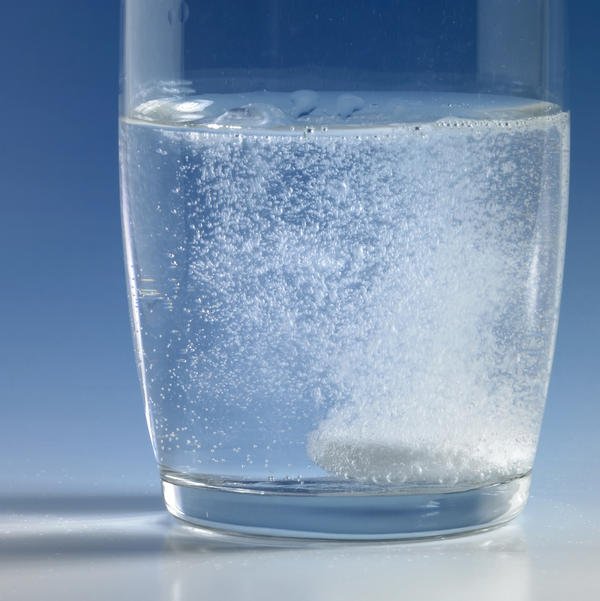
Image Source
I posted a while back about a tropical freshwater aquarium I got up and running. https://steemit.com/animals/@momosan/fishy-galore-building-a-tropical-tank
I got heavily interested into salt water aquariums. With absolutely no idea about how in depth this hobby was, I was pretty blown away by the intricate methods that fish keepers use to maintain a stable aquarium. So to keep myself motivated in building my aquarium I’m going to be blogging about all the things I learn about marine keeping. This will helpfully me stay on track with my gradual build and maybe get some other Steemians to inspire us :)!
Fresh and Salty

After keeping a tropical aquarium for a while, I found myself watching a few fish keeping shows. If you guys have not watched ‘Tanked’ you should probably give an episode a go. It feels kind of ‘corny’ but they did spur a little interest into marine keeping for me. I went diving in Asia recently and was blown away by some of the colourful and even playful fish in the ocean.
Sitting back home, I kept thinking about trying out a marine tank. I recall visiting someone who simply had a normal tank with a contraption on the inside of the tank to remove excess waste. This seemed pretty simple, pick up some sea water from my Local Fish Store (LFS) and away I went, just like my tropical tank…right? Unfortunately this is definitely not the case. I caught up with the marine guy a few weeks later and he had all kinds of issues. Diseased fish, algae and an outright tank crash. He had not planned for future-proofing his setup and did not consider to mitigate possible issues with his start up system. I paused for a moment, the only way to get an idea of how to build a stable aquarium would be to read, research and read some more!
I frequented a number of forums, websites and local people for advice. One of the most basic things that distinguish Marine aquariums is of course the water being used. Freshwater setups are without any salt. For the most part if you have ‘hardy’ fish that can tolerate harder water conditions, you can get away with using tap water with some treatment. For sensitive fish with specific water parameter requirements, purified Reverse Osmosis (RO) water may be a better option. This provides the cleanest and purest water without Dissolved Solids. Salt water on the other hand emulates the ocean. The salt water contains minerals and nutrient required for healthy marine keeping and corals. I’ll touch on water parameters another time as I am still to do some mixing with a refractometer… So my main questions when getting started up with a marine tank were based around getting a good filter system for my aquarium. How does filtration work in Marine? Is it any different to my tropical sponge filter with carbon? In short, yes. It is very different.
This site HERE summarises the difference between fresh and salt water aquariums.

The main difference I came to learn about in filtration was the presence of a biological filter. If you see a saltwater aquarium with a massive load of rocks, this isn’t just for décor. The rocks serve as a biological filter. Porous rock give greater surface area and filtration properties. Just like cycling a freshwater tank, cycling takes place in the marine aquarium. This can be done by taking ‘live rock’ which has living bacteria to your new tank. This is fast track method to cycling a tank and cultivating good bacteria. It should be noted that you can also get some ‘nasties’ which can contain hitchhikers and other unwanted parasites.
I was pretty put off this approach and wanted the cleanest solution to minimise any risk of contamination. So for now I have opted to use dead rock. This is essentially ocean rock that has been dried or mined for aquarium purposes. It’s dried out and well…dead. No healthy bacteria to get you started so a seeding rock or prawn can be used. The prawn fed to the tank starts of the nitrate cycle in the tank. It’s slow but works well.
In the freshwater tank I have mechanical filtration. This allows filtration of the water and has worked very well for me in the past. This is generally not needed if you have sufficient live rock to filter a system. People do use mechanical media to supplement filtration in certain cases. This is especially true for system using minimalist aqua scaping. I am yet to finish my aqua scape…My rock will have to be cured to cleanse them and leach most of the phosphate out of them (PO4). This causes really nasty algae in the long run and should be addressed especially in dead rocks where a number of dead critters may lie from years ago.
Chemicals can be used to supplement systems and help filtration. I have yet to delve into this myself but experienced reef keepers make use of this to eliminate certain issues. I know one keeper who opted to use certain chemicals to eliminate hair algae. Algae grows when certain chemicals are introduced or are in excess in a system.
So for the most part, to get a salt water aqurium going…a biological filter is essential! Lots of it. Being selective and understanding where your filter comes from is important. I have read extensively around filtration types and will get into my opted filtration system another time.
wow... the world of the animals is incredible.
good content momosan. excellente teme.
Downvoting a post can decrease pending rewards and make it less visible. Common reasons:
Submit